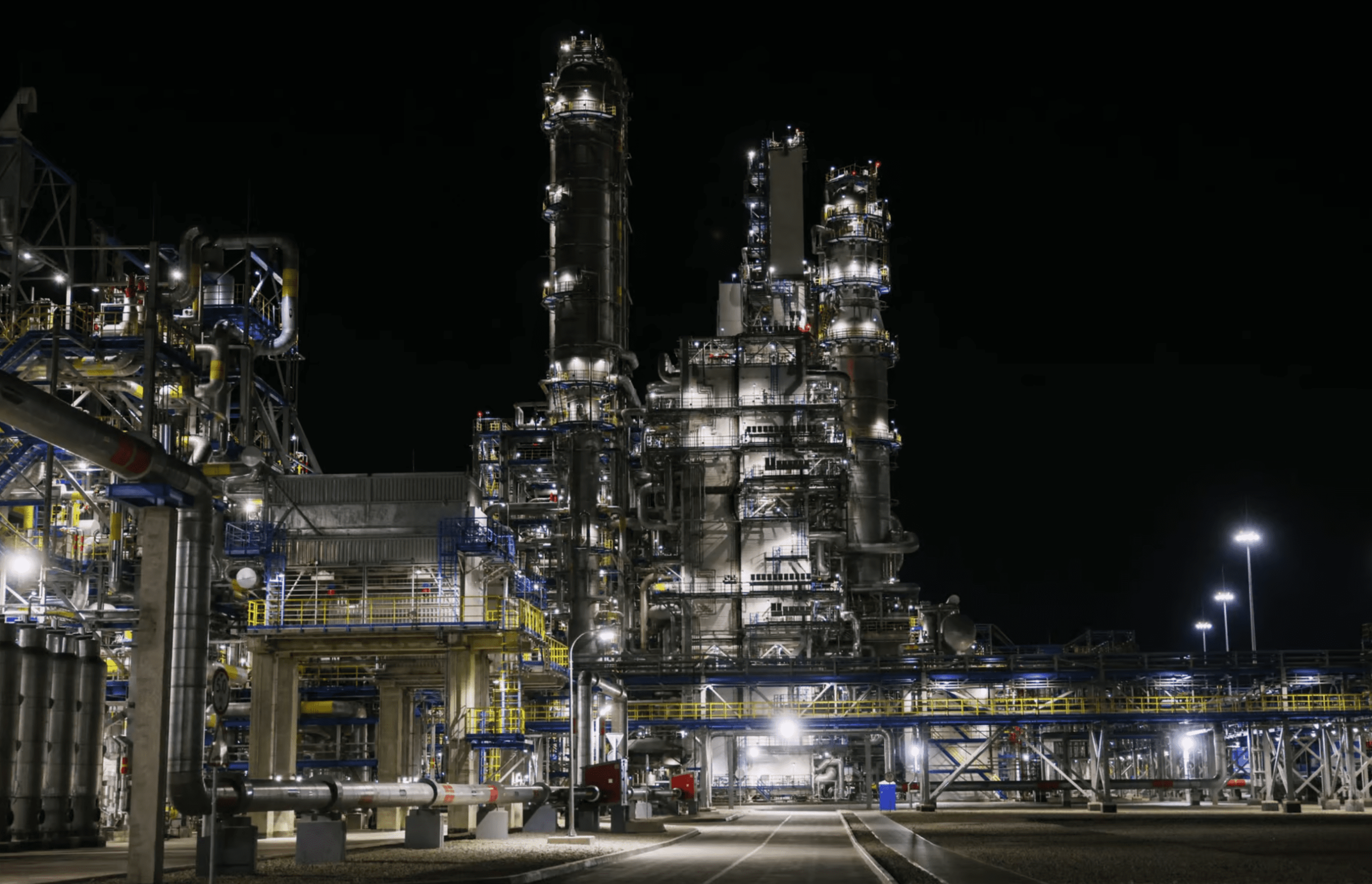On the night of May 1, the Ryazan oil refinery in Russia and the oil refinery in Voronezh region were hit by drones of the Main Intelligence Directorate of the Ministry of Defense of Ukraine. This is reported by sources InfoLight.UA in the GUR. As a rule, intelligence officers neither confirm nor deny their own operations behind enemy lines, emphasizing that oil refineries that feed the Russian military-industrial complex are a legitimate military target of Ukraine.
A wave of Ukrainian drone strikes on oil refineries deep in Russia has forced the Kremlin to defend its own territory while waging war. But these attacks also led to the unthinkable – the world’s largest oil power was left without gasoline, and local fuel prices soared,” Politico writes.
According to government data, diesel prices for Russian consumers have risen sharply, increasing by almost 10 percent in the last week alone. Gasoline costs also hit a six-month high, up more than 20 percent since the beginning of the year, as supply dwindles and more and more businesses are forced to suspend production.
Last Wednesday, two fuel storage facilities belonging to Russian energy giant Rosneft, about 500 kilometers from the border with Ukraine, were severely damaged by drones. This year, more than a dozen oil refineries in nine Russian regions have been similarly affected, and officials in Kyiv have said the industry is a legitimate target of the war.
“It’s like a mosquito – when you can’t find it, you can’t kill it, and it keeps coming back night after night, you’re going to be exhausted,” said Philip Ingram, a former British military intelligence officer and NATO planner.
This is a very good way to take the pressure off the front line
As a result, Moscow has cut fuel exports to near historic lows, shipping just over 712,000 tons of diesel and gasoil last week, compared to over 844,000 for the same week in 2023.
For Moscow, this is both a political and a military problem. In addition to being essential to Russia’s war effort, cheap fuel is a key part of President Vladimir Putin’s offer to the population, an antidote to lagging wages and a weak ruble.
A winning strategy? This trend seems likely to continue for the foreseeable future.
Speaking to local media this week, Igor Yushkov, an analyst at Russia’s National Energy Security Foundation, said prices are unlikely to drop in the near future, and the country may even have to import gasoline from stocks stored in neighboring Belarus.
Last year, Moscow was forced to impose a ban on the export of gasoline and diesel fuel due to shortages in the domestic market, where regulations have historically kept prices low to appease motorists and artificially stimulate its agricultural sector.
However, as fuel prices rose internationally, intermediaries profited by selling cheap gasoline abroad intended for use inside Russia, creating a booming black market. Moscow eased the ban in November, but was forced to reintroduce it in March due to Ukrainian strikes.
While most Western countries have stopped importing refined Russian fuels such as gasoline and diesel, the United Arab Emirates, along with several countries in South America and North Africa, continue to buy it to take advantage of low prices or to re-export it. Moscow will now have to choose between maximizing the cash flow that fills its war chest or ensuring that its soldiers and civilians can refuel their tanks.
“Ukraine’s ‘physical sanctions’ may accelerate the actual ones,” said Maria Shagina, an expert on the Russian economy at the International Institute for Strategic Studies.
Kyiv has exposed Moscow’s technological vulnerability, and Ukrainian drone strikes on Russian refineries are accelerating the impact of Western sanctions, which have led to refineries already trying to replace Western equipment, parts and software
However, Ukraine’s efforts to cut off the flow of fuel and money that the Kremlin uses to unleash death and destruction have prompted warnings from the United States, with senior officials such as Defense Secretary Lloyd Austin publicly warning against strikes for fear of upending the global energy market. Meanwhile, Moscow has been actively targeting Ukraine’s infrastructure, destroying the country’s power grid and plunging millions of people into darkness.
Kyiv has promised to do everything possible to undermine Russia’s ability to wage war despite warnings.
The strikes “have an effect because they destroy oil infrastructure and other critical national infrastructure,” said Ingram, a former British military intelligence officer.
He predicted that this strategy “will be studied in officer training academies in the coming decades.”


Leave a Reply